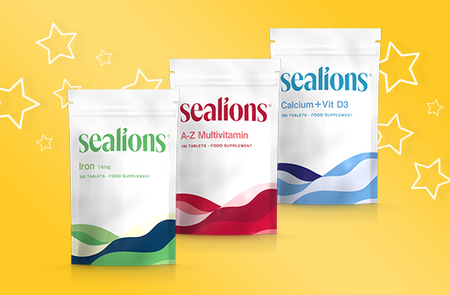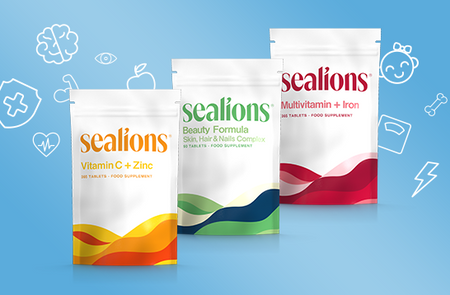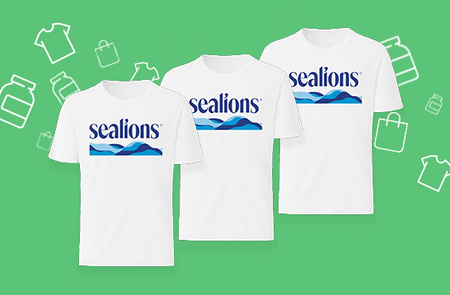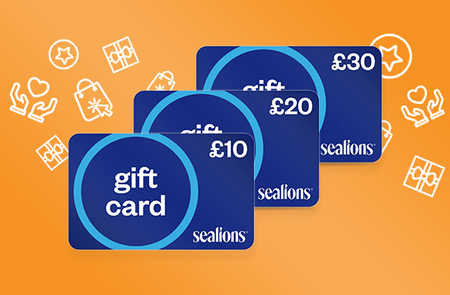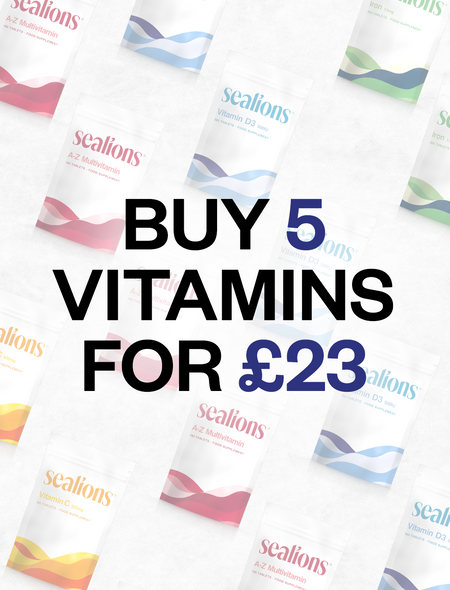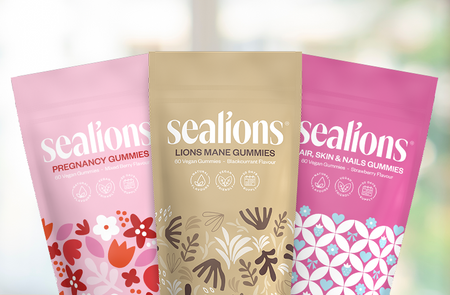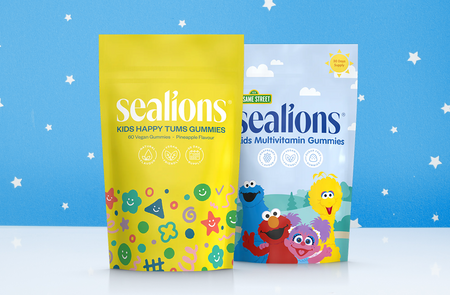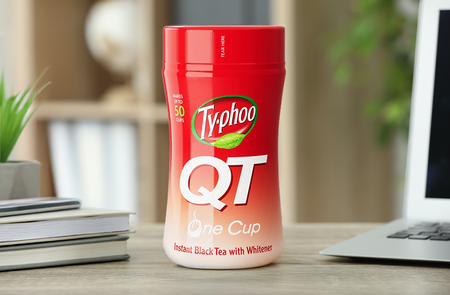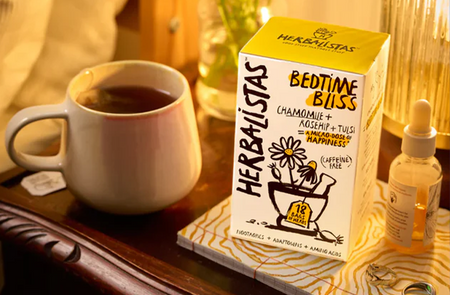
10 Top Tips For Following A Vegetarian Diet
This week it's National Vegetarian Week. Currently 7% of the UK population follow a vegetarian diet, and this number is constantly growing, with more people wanting to reduce their meat consumption and do their bit to look after the environment.
Following a healthy and balanced vegetarian diet can provide you with all of the goodness you need – but it can be a little more difficult to get some nutrients from just food alone. Here are our top 10 tips for following a vegetarian diet.
Make simple switches
If you’re newly vegetarian, you may find the changes to your diet can leave you feeling like you have less options, particularly when eating out. It can actually be really easy to make your favourite meals veggie-friendly – simply switch out meat products for vegetables, cheese or your favourite plant-based proteins.
Make sure you’re getting enough protein
Speaking of protein, when following a vegetarian diet you may find it harder to maintain your protein intake. We all know that animal products are full of protein, but plant-based options such as tofu, chickpeas, seeds and grains are great veggie alternatives! If you find you are struggling to eat enough protein daily, supplementing your diet with a plant-based protein powder can help you to hit your goals – our Vegan Protein powder has 18g per serving!
Increase your daily iron intake
Iron is an essential mineral with several important roles within the body, including contributing to the normal formation of your red blood cells and haemoglobin. Great sources of iron for vegetarians include leafy green vegetables, such as spinach and kale, chickpeas and even potatoes! However, non-heme iron (iron which comes from plant-based sources or fortified foods) is typically absorbed more slowly by the body. A daily iron supplement can help support your healthy lifestyle if you feel you’re not getting enough from your diet.
Top up your calcium and vitamin D
While you may still be eating and drinking dairy products, if you’re trying to cut back on all animal produce your calcium and vitamin D intake may take a hit. In the UK, you can get many foods which have been fortified with calcium and vitamin D, including cereals, juices and plant-based milks. Alternatively, our combined Calcium + Vitamin D3 supplement helps you to maintain strong bones and teeth in just one daily tablet.
Stock up on beans and legumes
Beans, part of the legumes family, are packed full of nutrients like protein and folate (commonly referred to as B9 or folic acid). Adults need 200μg of folate per day, which can be more difficult to obtain for vegetarians due to a reduced intake of animal products. Our Vitamin B-Complex contains 100% of your daily recommended B9 intake, alongside all 7 of the other essential B vitamins.
Include eggs in your diet
Eggs may already play an important role in your veggie diet, but if they don’t, they really should! Eggs are rich in vitamin B12, which is an essential nutrient vegetarians often find themselves lacking in. Similarly to iron, B12 is vital in keeping your red blood cells healthy and also helps to reduce feelings of fatigue. If you don’t want to include eggs in your diet, a daily Vitamin B12 tablet will keep you supported.
Get enough of those essential fatty acids
Omega-3 has many health benefits, including supporting healthy heart and brain functions, thanks to the fatty acids it contains – most notably EPA and DHA. As a veggie, you won’t be consuming oily fish, which is the most common way people pack Omega-3 into their diet. Instead, you can opt for vegetarian-friendly foods like chia seeds, walnuts, edamame or kidney beans.
Keep track of your zinc levels
Zinc is an essential mineral which provides support for your immune system and has a vital role in protecting your cells against oxidative stress. The foods naturally rich in zinc are often meat and other animal products, which means that some vegetarians may find themselves lacking in zinc. Dairy products such as cheese, milk and yoghurt, plus plant-based foods like whole grains, seeds and legumes can help you maintain your zinc intake when following a veggie diet. Vegans and vegetarians are often recommended to consume a little extra of these zinc-rich foods to make sure they’re getting enough, so if you’re looking for some extra support, a zinc supplement can keep your levels topped up.
Keep an eye out for foods high in fat, salt and sugar
As you’re adjusting to your new diet, you will be trying plenty of new meals and snacks, and unfortunately seeing ‘vegetarian’ on the packaging doesn’t always mean what’s inside is healthy. Of course, it’s important to eat everything in moderation and keep your diet balanced, but it’s good to be aware of the nutrients in your food to make sure you’re giving your body all of the goodness it needs.
Support your overall wellness with a multivitamin
If you’re wanting to give your daily nutrient intake a boost, but don’t want to take several different supplements each day, our Multivitamin + Iron is the perfect choice for you! Combining 13 important vitamins and minerals, it helps you to maintain your wellbeing in just one convenient tablet.
If you’re looking for a helping hand with your vegetarian diet, a daily supplement from Sealions can give you the nutritional support you need.
Tagged:

